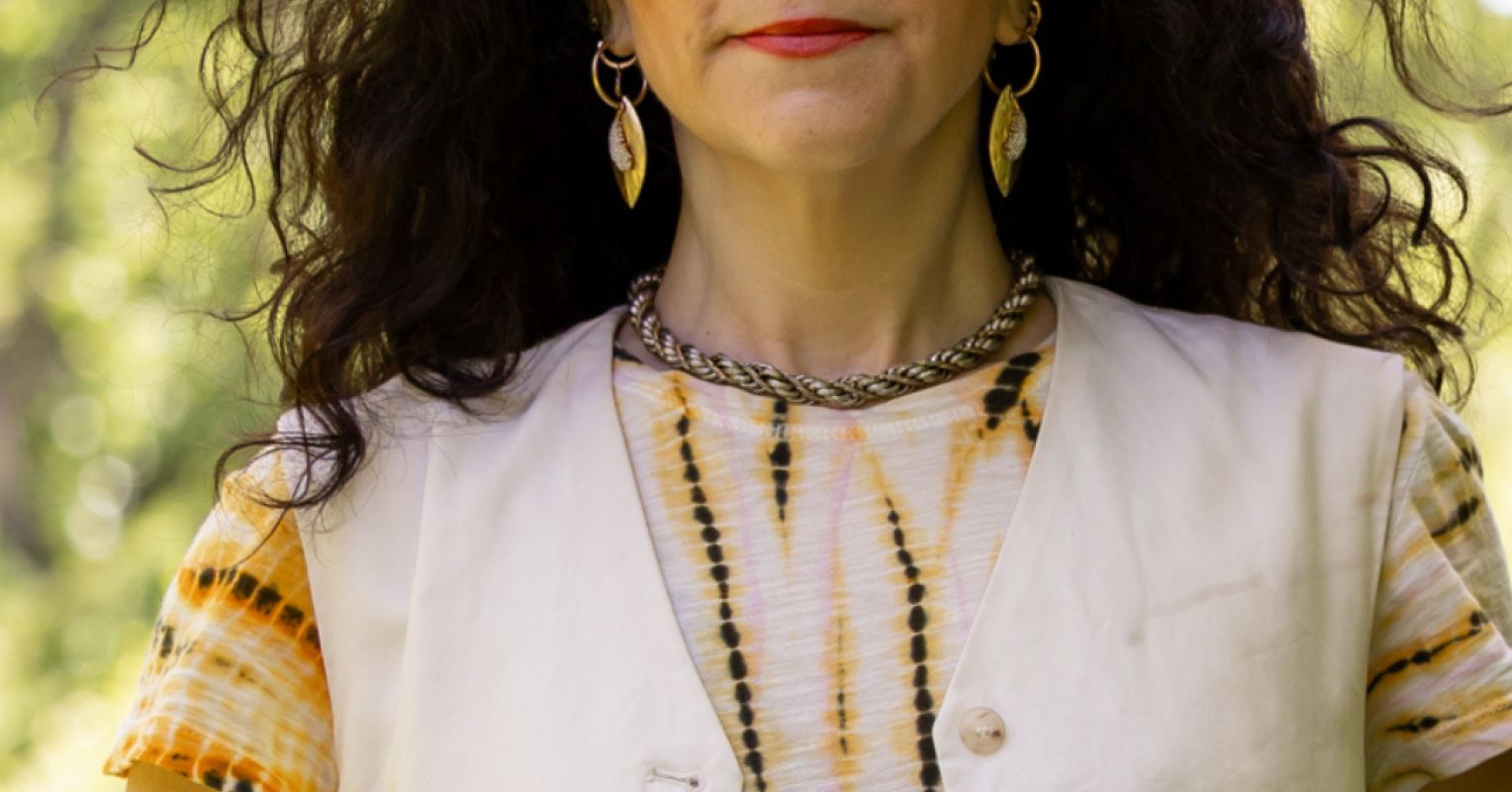
"Earlier today, I walked into my kitchen just as the afternoon light was beginning to fade. On the wall, a soft fluttering caught my eye: a cardinal, prancing and hopping across a branch outside, cast its playful shadows into my home. It was a tiny moment, a quiet choreography the natural world performed without audience or intention. Yet it felt like a sacred gift, and I received it as one."
"If you think about it, there are so many moments like this one that pepper each of our lives: a butterfly swirling overhead, the singular patterns on a leaf, or the scent of rain descending from above. And, when you're fortunate enough to receive such a gift - as I was earlier today - then your life feels exponentially richer and deeper."
"Since the onset of the COVID-19 pandemic, I have reoriented my sense of gratitude to a rootedness in Nature - to the more-than-human world, or the attributes found in all of nature, which includes human beings (e.g. emotion, intelligence, agency). This orientation has widened my perceptive field, to where I now recognize these small exchanges - these fleeting offerings - as nourishment."
Attention to small natural occurrences—cardinal shadows, butterflies, leaf patterns, the scent of rain—serves as nourishing gifts that deepen and enrich life. The COVID-19 pandemic prompted a reorientation of gratitude toward rootedness in Nature and the more-than-human world, expanding perceptive fields to recognize fleeting natural offerings as nourishment. Integrative eco-art therapy supports individuals and communities in deepening Earth-centered connection and consciousness. Cognitive gratitude exercises, such as listing three things, can help but often feel performative or overlook the body's senses and the broader natural world. Embodied, sensory practices foster deeper gratitude and care for places within that need attention.
Read at Psychology Today
Unable to calculate read time
Collection
[
|
...
]